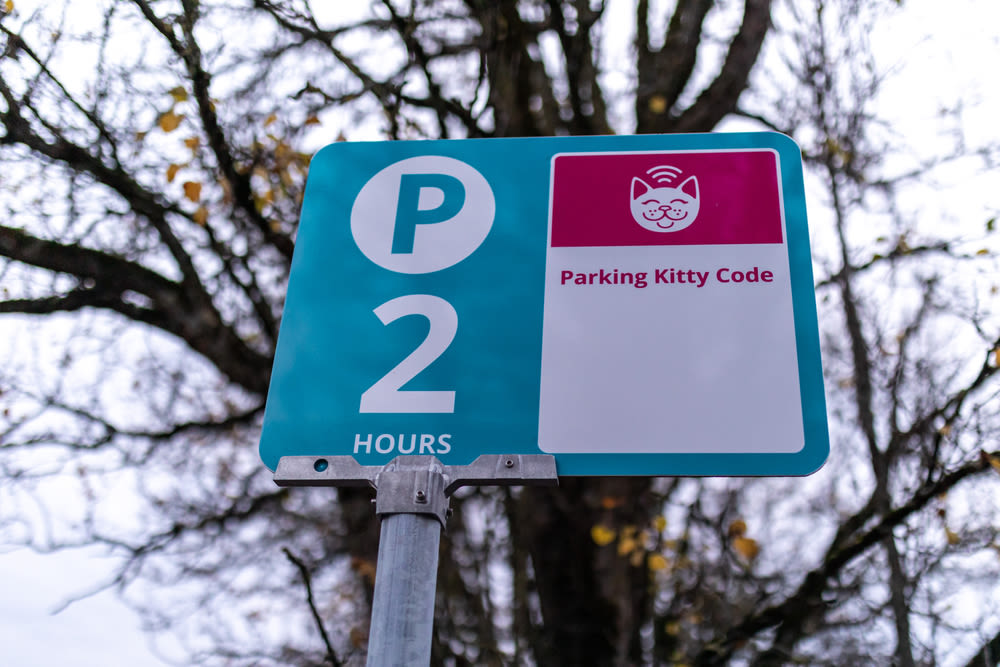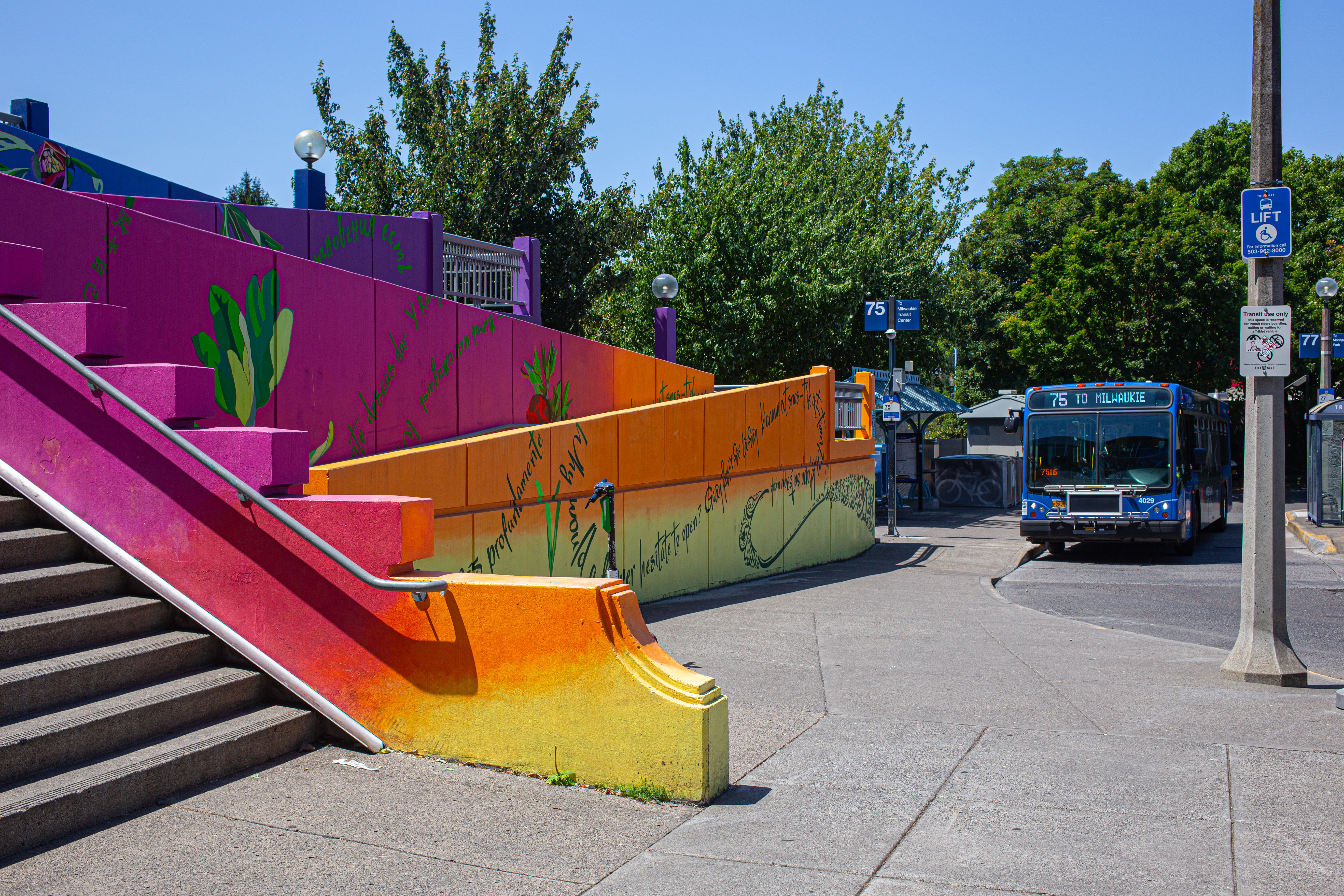How Much Would You Pay to Park Your Car in Portland?

The cost of parking at a metered spot in Portland might be going up soon.
Get ready to pay more to park in Portland.
This Wednesday, the Portland City Council will hear a proposal to increase the costs of metered parking and parking permits, both to backfill an enormous budget deficit at the Portland Bureau of Transportation and to encourage people to use alternative forms of transportation.
Under the proposal, a 20 cent surcharge would be tacked on to every parking meter charge starting this summer. The money would go to “fund investments in transportation affordability programs, and projects that help community members living on low incomes, ahead of future rate increases,” per PBOT.
But that’s not all: Starting in 2023, base meter rates could rise 40 cents an hour across the board, to adjust for inflation. (Prices for street parking currently vary depending on where you are parking. In downtown, South Waterfront and the Pearl District, it’s $2 an hour; in the Lloyd District it’s $1 an hour; on the Central Industrial Eastside it’s $1.20 an hour and in a segment of Northwest Portland it’s $1.60 an hour. All parking includes a 20-cent convenience fee charged by Parking Kitty, the administrator of the city’s parking app.)
It would be the first time parking meter rates have increased since 2016, the agency says.
The costs of parking permits, including for residential, business or visitors, will also increase, though the bureau did not immediately specify any amounts.
Underlying it all? A push to get people out of their cars in the first place, so they don’t need to pay for parking (or grouse about it). In materials prepared for the City Council, the bureau is highlighting the drawbacks of car culture, including “rising crash rates, growing traffic, and personal safety concerns…increasing transportation carbon emissions, crumbling infrastructure, and an expanding maintenance backlog.”
Most of the Portland Bureau of Transportation’s funding comes from parking meters and from the state Highway Fund, which is fed by gas taxes. The bureau is currently expecting $88 million in lost revenue, it plans to tell the City Council, exacerbated by the pandemic and its subsequent work-from-home, no-need-to-pay-for-parking culture. The bureau has cut costs and let go of more than 40 full-time employees in the past two years.
Still, plans to charge more for parking might draw pushback from businesses worried that it will deter customers, though others have been supportive of so-called “performance-based” parking in the past, saying that it leads to more turnover of free spots outside their storefronts, which could encourage more customers to pull over and browse.




